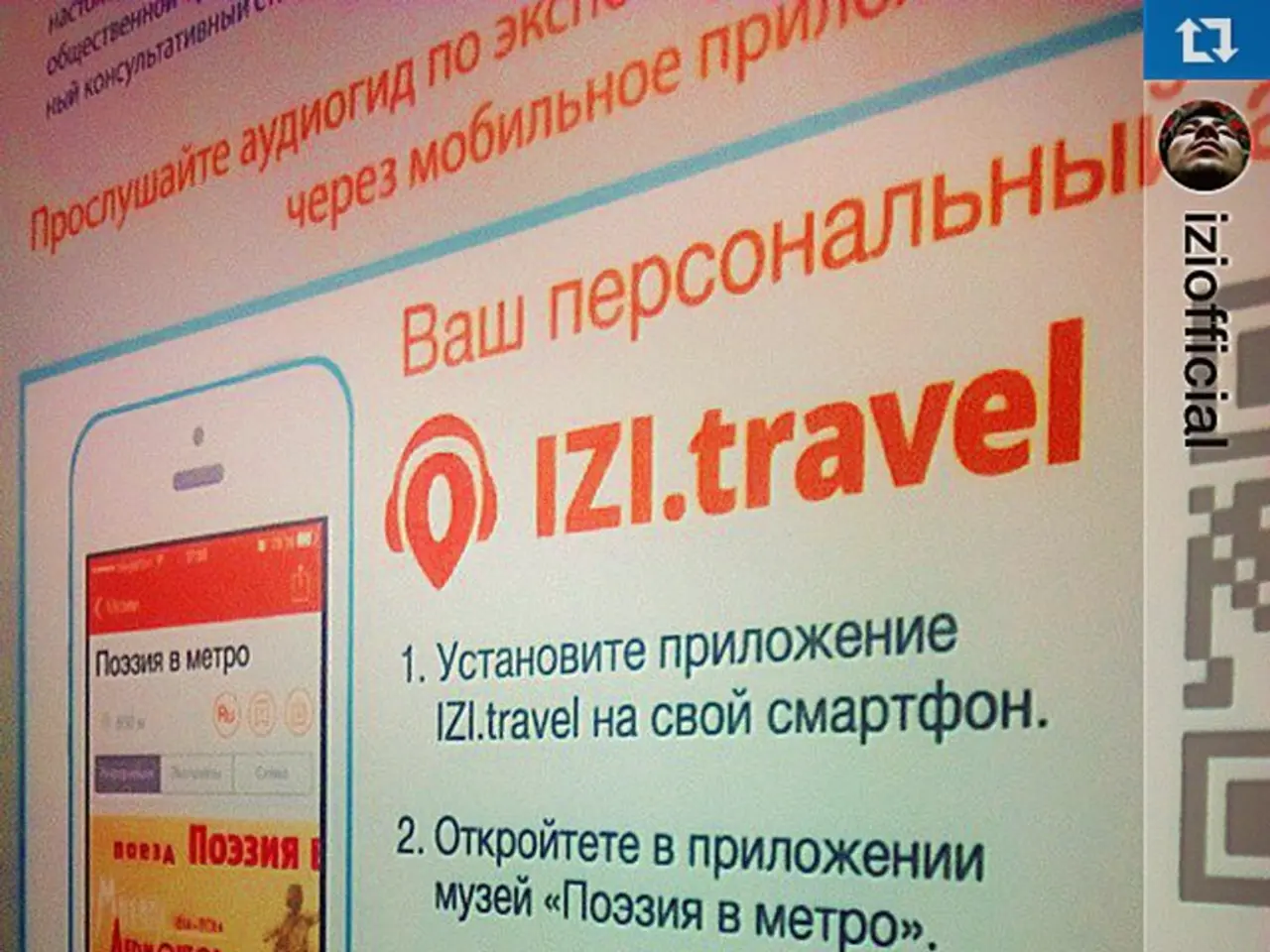Legislation, the Online Safety Act, worsens publishers' challenge with covert web traffic
The UK's Online Safety Act, which came into full effect on July 25, 2025, has led to a significant increase in VPN usage as users seek to circumvent the new mandatory age verification requirements. This legislation, aimed at protecting children from harmful content, has resulted in a surge in VPN sign-ups and searches, with providers like ProtonVPN reporting over a 1,800% increase in UK users signing up to bypass identity and age checks.
Implications for VPN usage
The Act requires online platforms to implement robust age verification methods, such as facial age estimation, official ID checks, or bank/mobile provider verification, in place of simple self-declarations. Many UK internet users prefer using VPNs to avoid sharing sensitive personal data required by these checks, causing sustained and unprecedented demand for VPN services. VPNs enable users to mask their IP addresses and appear as if accessing content from outside the UK, effectively bypassing the geographic and age restrictions imposed under the Act.
Implications for publishers and advertisers
Publishers of adult or other restricted content must now enforce stringent age verification controls. This may reduce user engagement as some users opt out or mask themselves via VPNs. Increased VPN use means publishers face challenges in accurately measuring user demographics or delivering targeted advertising based on geographic location, impacting advertising revenue and effectiveness. The requirement to use third-party age verification services raises privacy concerns, potentially deterring users and increasing liability for data protection breaches—a risk for publishers relying on these technologies.
Implications for Big Tech platforms
Platforms like Bluesky, Discord, Grindr, Reddit, and Twitter are mandated to implement age gating and face heavy fines or criminal penalties for non-compliance. The Act extends liability to senior management for ensuring compliance, raising operational and legal burdens for Big Tech firms. Increased VPN usage complicates enforcement efforts, as users can evade geo-blocking and age restrictions, challenging platforms’ ability to comply with the law. The privacy concerns prompted by age verification and increased VPN circumvention may undermine user trust and platform reputation.
In summary, the UK's Online Safety Act has triggered a major increase in VPN use, posing practical and regulatory challenges for publishers, advertisers, and Big Tech platforms related to compliance, data privacy, user engagement, and revenue models. The Act may lead to mass adoption of privacy tools, making publisher monetization models untenable. VPNs mask the user's IP address, making it difficult to geo-target or segment them based on location. VPNs also block or disable trackers and scripts, reducing the amount of behavioral data gathered and affecting attribution models.
The disruption risks stalling Reddit's UK growth and driving more users towards VPNs. Small sites and not-for-profits like Wikipedia are put in an impossible position due to the Act. The rise in VPN usage has also led to a growth in the number of users who use ad blockers, as many popular VPNs now include built-in ad blockers. Jim Killock, executive director of Open Rights Group, called the Act a 'sprawling and broken piece of legislation'.
- The surge in VPN usage as a result of the UK's Online Safety Act might prove problematic for the data-and-cloud-computing sector and technology companies, as it could lead to difficulties in gathering user data for business purposes and potential issues with targeted advertising.
- In the realm of education-and-self-development, the Act's age verification requirements could affect online educational platforms, threatening to disrupt learning experiences for students who might resort to using VPNs to bypass these checks.
- The media industry and political sphere may face a shift in general-news consumption patterns as users employ VPNs to access a wider range of content or to hide their identities while accessing certain publications, potentially skewing audience demographics or impacting the spread of news.
- The finance industry might experience complications in verifying customer identities online, possibly causing delays or inconveniences when offering services to UK users attempting to bypass age checks through the use of VPNs.
- The increased adoption of VPNs and ad blockers by UK internet users may have significant impacts on the advertising revenue model, causing a decreased ability to deliver targeted ads and potentially affecting the overall financial performance of various businesses and industries.




